Welcome to the website of the International Young Christian Workers, a movement organised and led by and for young workers in more than 40 different countries in the world
Support the International YCW
|
You can support our actions and show your solidarity with young workers in action worldwide. IYCW International Team JOC Internationale aisbl Bank: Belfius Iban account: BE50 0682 2908 4018 SWIFT code: GKCCBEBB |
IYCW-JOCI Facebook Page
More articles
-
Goodbye José, our friend, our colleague, our comrade!
 José Calatayud Velasco Dear José, just a few weeks ago, you were at the IYCW office, with many stories to share as always, … a true living archive of our movement. After five hours of training...
José Calatayud Velasco Dear José, just a few weeks ago, you were at the IYCW office, with many stories to share as always, … a true living archive of our movement. After five hours of training... -
Meeting of Latin American and Caribbean Citizens Residing in Europe, In Preparation For the CELAC-EU Summit 2025
 PUBLIC STATEMENT Ladies and gentlemen, representatives of the diplomatic corps, delegates, representatives of European and Belgian institutions, partners from social, trade union, and community...
PUBLIC STATEMENT Ladies and gentlemen, representatives of the diplomatic corps, delegates, representatives of European and Belgian institutions, partners from social, trade union, and community... -
Empowering Young Women in Guatemala: The Alternative Promoted by the YCW
 In Guatemala, the YCW has launched an action campaign aimed at providing and securing economic opportunities for a group of young women who are members of or in contact with the movement. Their...
In Guatemala, the YCW has launched an action campaign aimed at providing and securing economic opportunities for a group of young women who are members of or in contact with the movement. Their... -
Statement by the IYCW at the preparatory meeting ahead of the CELAC-EU Summit 2025 [VIDEO]
![Statement by the IYCW at the preparatory meeting ahead of the CELAC-EU Summit 2025 [VIDEO]](https://joci.org//images/thumbnails/mod_latestnewsplusdate/867.jpg) The IYCW greets all the social organizations and movements, trade unions, and governmental institutions present here today. This meeting represents a unique opportunity for society as a whole, and...
The IYCW greets all the social organizations and movements, trade unions, and governmental institutions present here today. This meeting represents a unique opportunity for society as a whole, and... -
JOC Haiti: An Agricultural Project to Address Unemployment and Informality in Rural Areas
 The Artibonite region of Haiti is marked by high unemployment and significant migration to other countries in search of better opportunities. Access to formal employment is very difficult, and...
The Artibonite region of Haiti is marked by high unemployment and significant migration to other countries in search of better opportunities. Access to formal employment is very difficult, and... - Indonesia: “Economic Crisis and the Shadow of 1998”
- The Young Christian Workers’ Revolutionary Praxis for Social Transformation
- The YCW of Nicaragua, invited to Germany by the Weltladen Weißenhorn fair trade shops
- “We advocate decent work and a dignified life for young people”
- From Rome 1957 to the Present Day: a Symbol of Faith and Resistance in the Hautes Fagnes Plateau (Belgium)
- The International Dimension of the YCW Is a Fruitful “Gift”
- Rome 1957: a Large International Gathering
- Urgent Appeal: Support Flood Victims in Pakistan
- International YCW Day: Remembering the Road Covered and Shaping the Future
- Young Workers Speak Out at the ILC 2025: A Call to End Informality


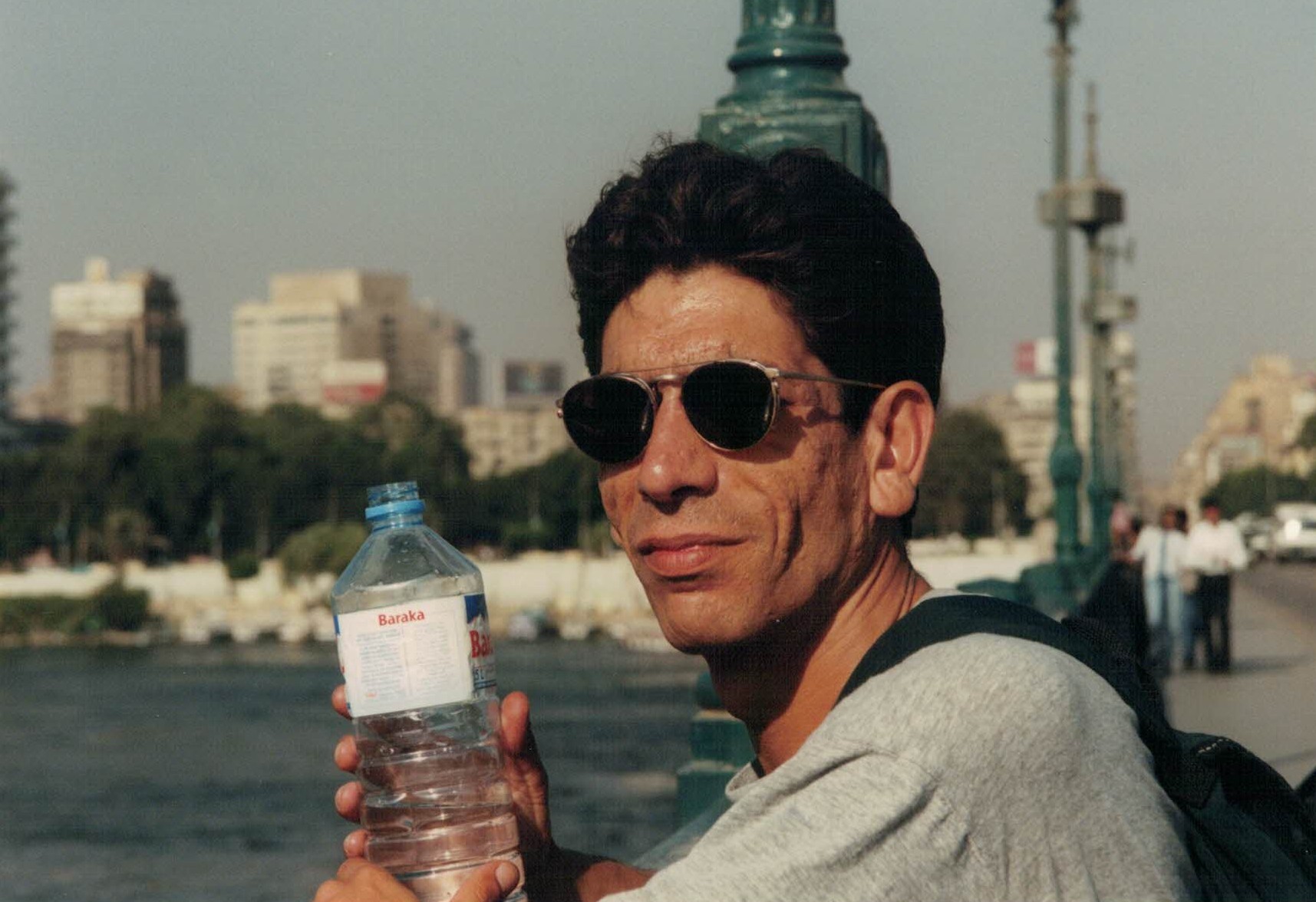
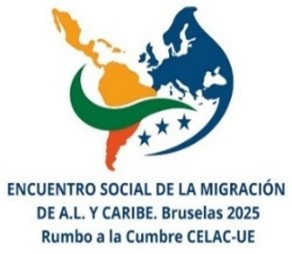
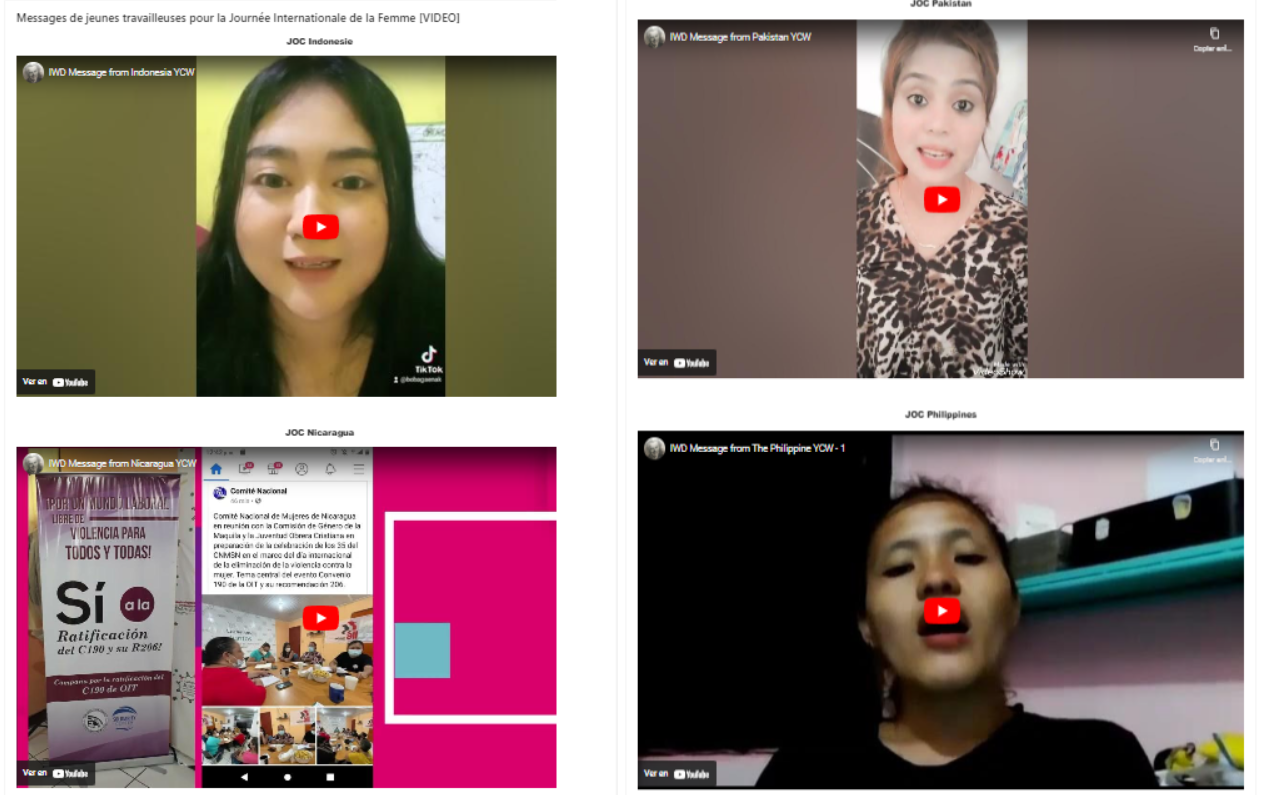
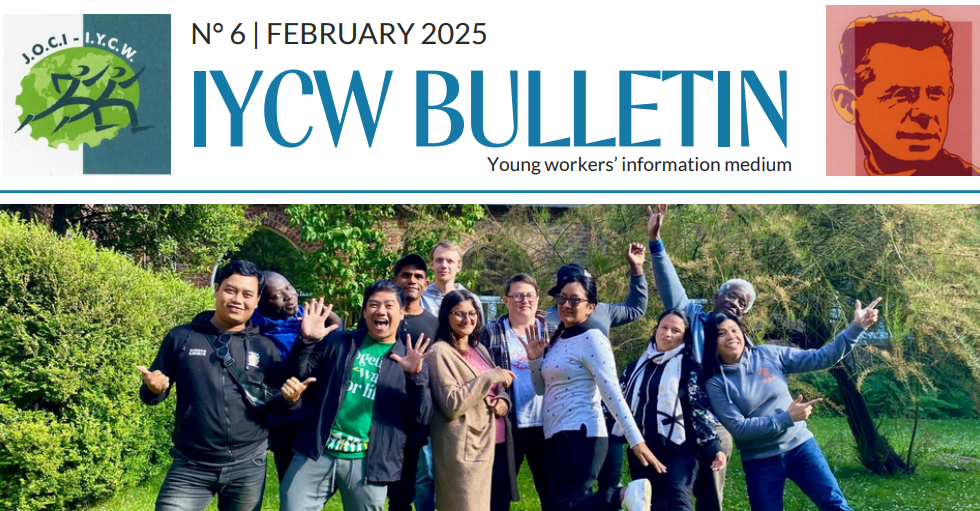
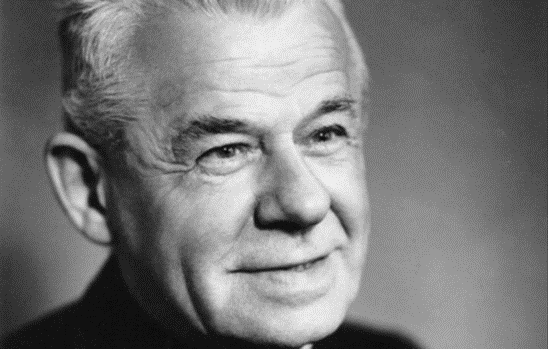
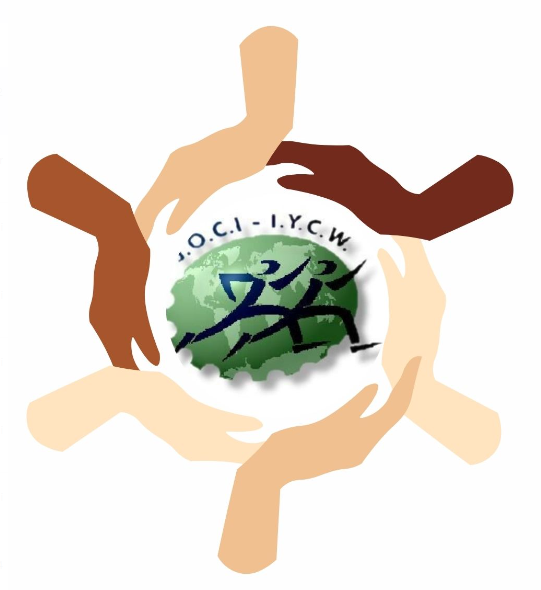
 English
English  Español
Español  Français
Français 